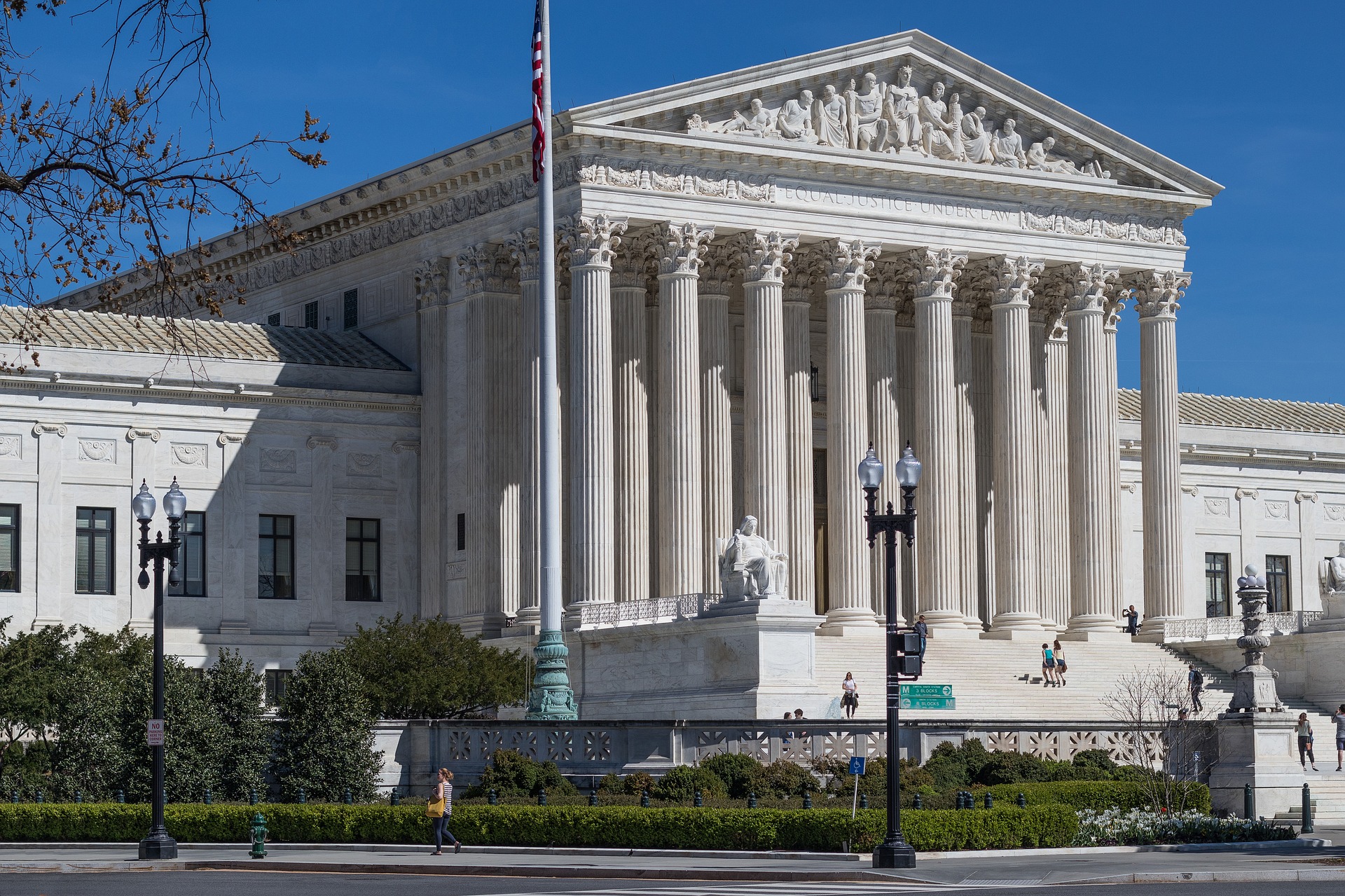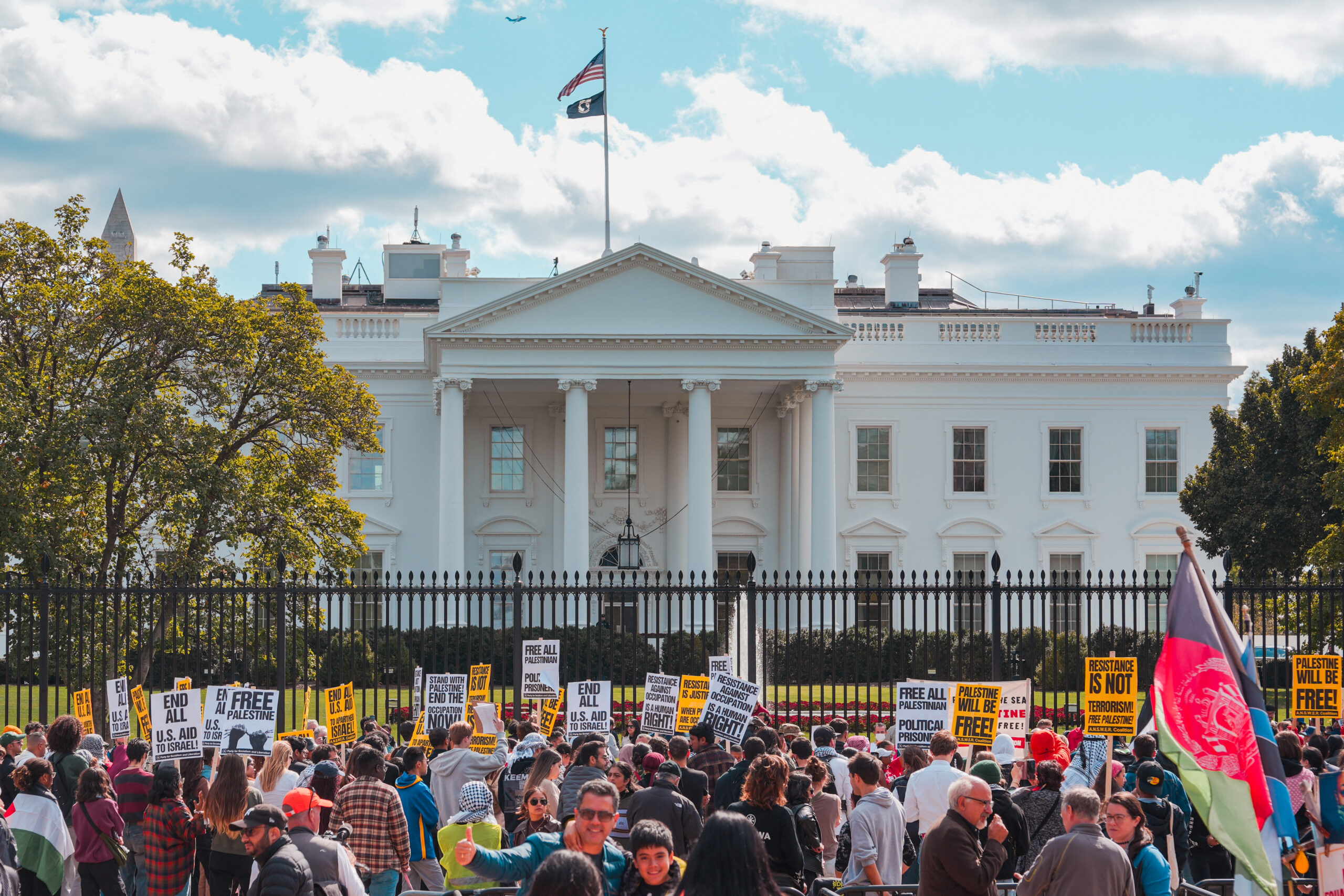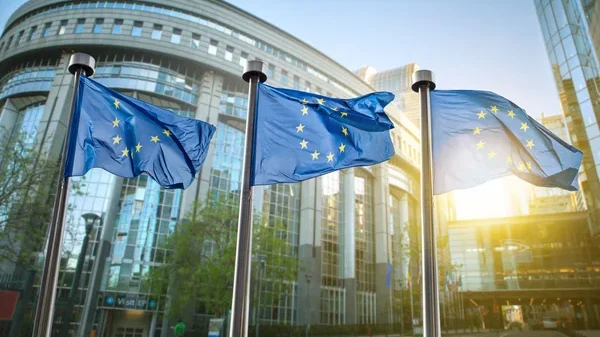Roar writer Alice Delhaye on how the US Supreme Court’s impending ruling to overturn Roe v Wade demonstrates how the Court is becoming increasingly politicised.
On May 2 a Supreme Court leak revealed that Roe v Wade, a 1973 Supreme Court ruling protecting a woman’s right to an abortion, would potentially be overturned. Chief Justice John Roberts confirmed the authenticity of the leak. This indicates there is a very high probability the decision will be overturned, despite the 1973 ruling stating “unduly restrictive state regulation of abortion is unconstitutionalâ€. Restricting abortion was deemed unconstitutional because it violates both the personal privacy of women and “the due process clause in the US constitution’s 14th amendment”.
Today’s court is anticipated to overturn this ruling. The right to have an abortion will no longer be protected by the constitution. Therefore, states which have not been able to pass anti-abortion laws because it was protected by Roe v Wade will now be able to do so.
For instance, Texas or Oklahoma will be empowered to impose a total ban on abortion should they decide to.
The consequences of this decision would be catastrophic for women, especially poor women who cannot afford to travel to another state to get a safe abortion. The number of dangerous illegal abortions will likely increase, endangering the lives of many women.
Republicans and Abortion
The willingness to overturn Roe v Wade shows how politicised the final arbiter of justice has become in the United States. The Supreme Court Justices are not acting as impartial justices but rather as Republicans. They assert that their decision is not a political one, but ever since Roe v Wade was adopted, the Republicans have made it their own battle to fight against abortion.
This decision is an example of how the judicial system is becoming politicised whereas it should remain impartial. This is even more disturbing considering who ruled in favour of abortion in Roe v Wade in 1973. Indeed, five Republican-nominated Justices and two Democrat-nominated Justices ruled for choice whereas one Republican-nominated Justice and one Democrat-nominated Justice ruled against.
Abortion and the Constitution
In 1973 and ever since, it was understood and stated that the right to have an abortion is protected by the 14th amendment of the constitution: “the Court has repeatedly reaffirmed the Constitution affords to abortion, along with the underlying principles of liberty, dignity, equality and bodily integrity the right reflectsâ€.
Today, the Supreme Court Justices have indicated their intent to overturn this. They consider that the debate around abortion is not one that pertains to the domain of the Supreme Court. Rather, they believe it is something political and it should therefore be decided by the political representatives of each state: “it is time to heed the constitution and return the issue of abortion to the people’s elected representativesâ€.
However, the right to have an abortion is something that pertains to the domain of national justice; as was stated in 1973, it is comprehended in the 14th amendment. Terminating a pregnancy is a fundamental right and therefore should not be subject to political changes: human rights should be protected whatever the political party in power is.
A politicised decision on the behalf of the Supreme Court
The Supreme Court’s judicial power derives its legitimacy “not from following the public opinion but from deciding by its best lights whether legislative enactments of the popular branches of Government comport with the constitutionâ€.
Here, the Supreme Court is clearly at fault in allowing itself to become embroiled in political posturing rather than engaging in legal interpretation. Overturning Roe v Wade only underlines how politicised the US judiciary has become. This decision appears questionable as the Justices are putting their beliefs above the protection of a fundamental right.
The poor justification of their decision only exacerbates this fact. The Supreme Court claims that this decision is letting people chose through the election of representatives. Yet, not protecting the right to have a choice is equivalent not letting people chose. Women should be able to decide on their own whether they, as individuals, want an abortion.
















